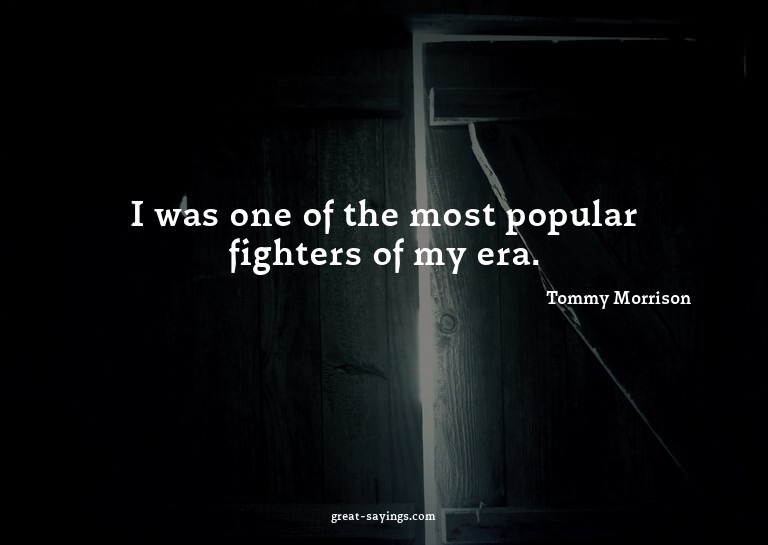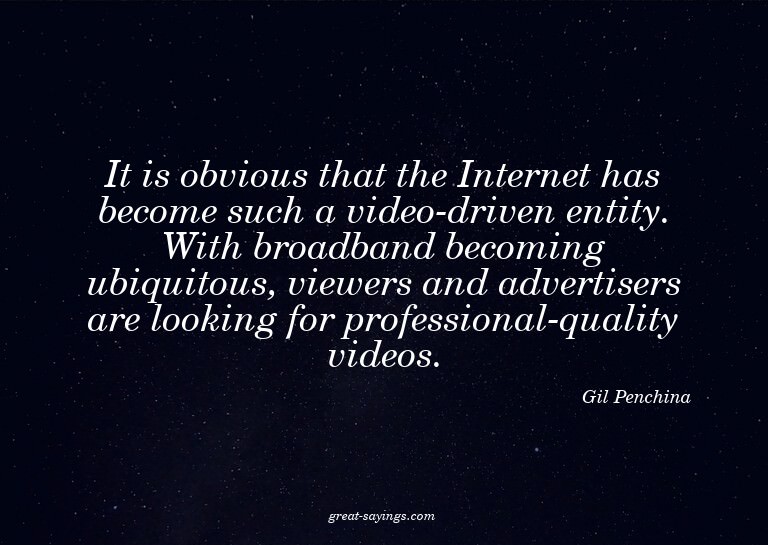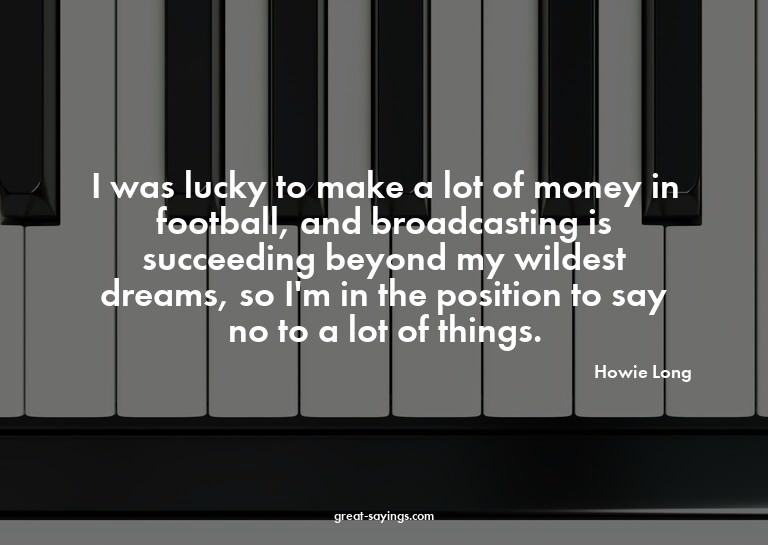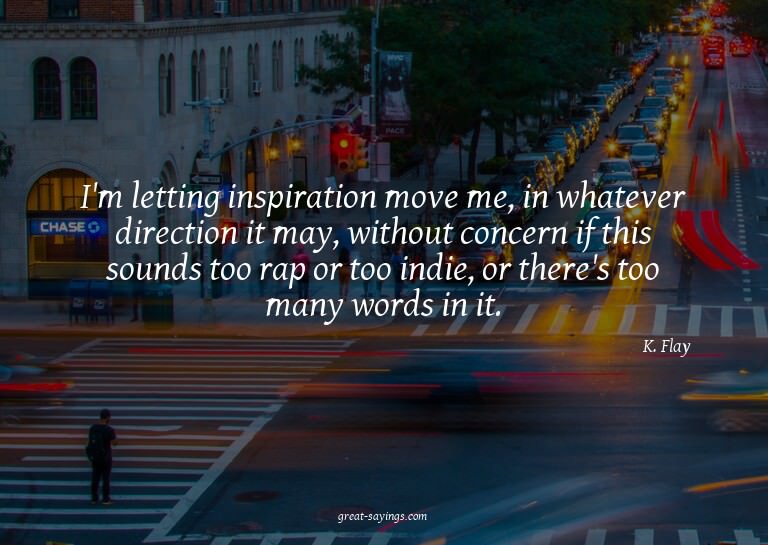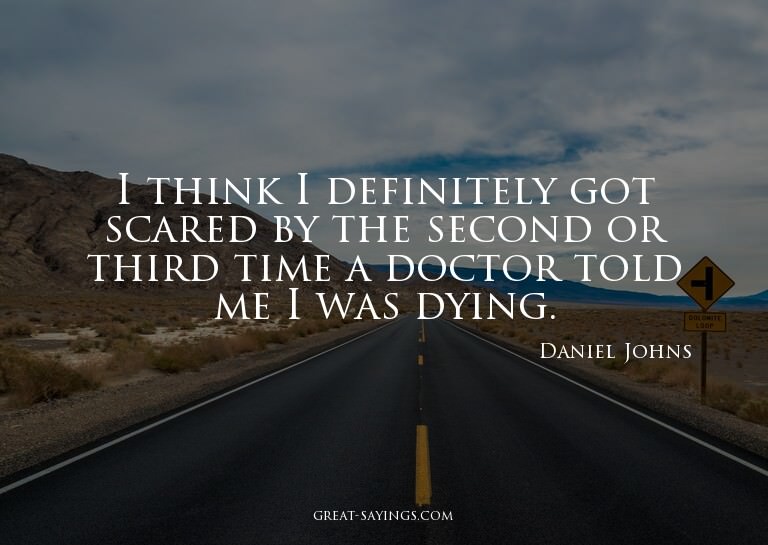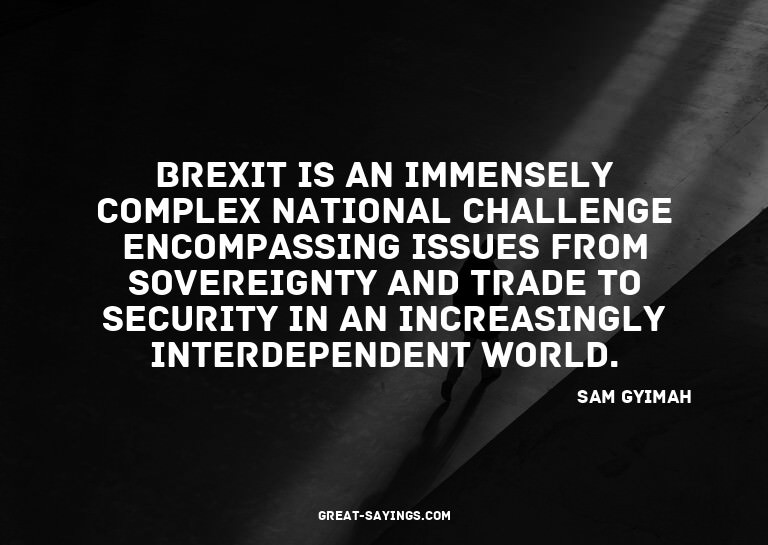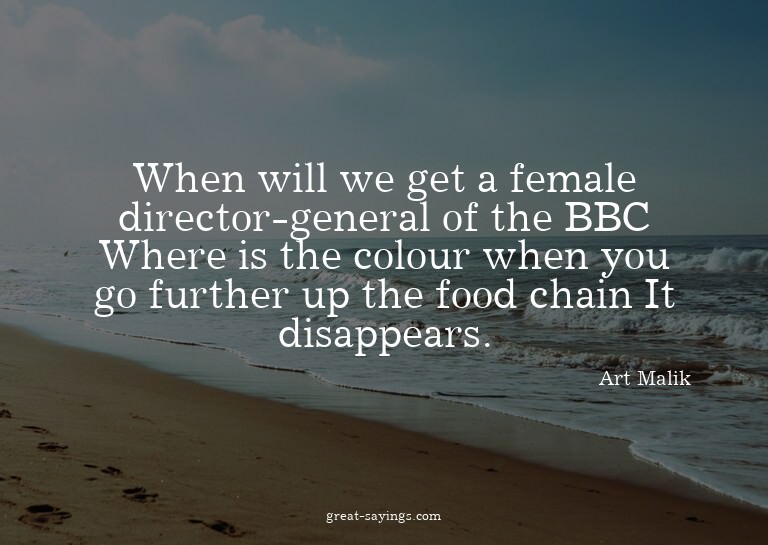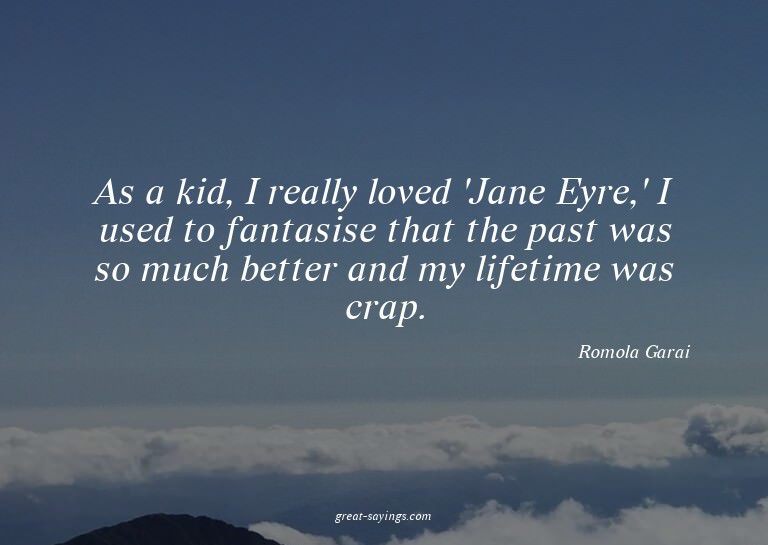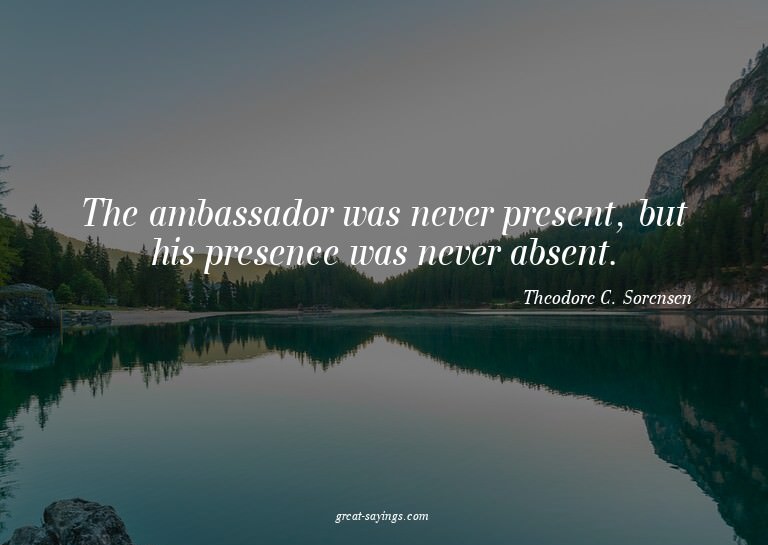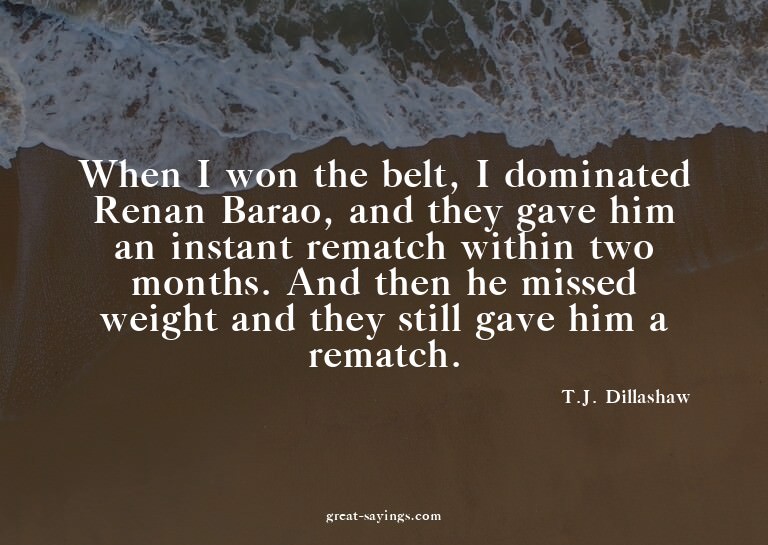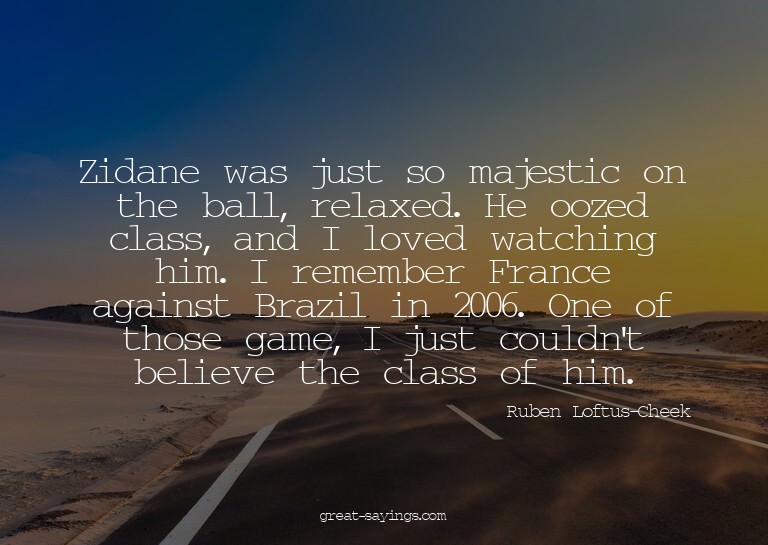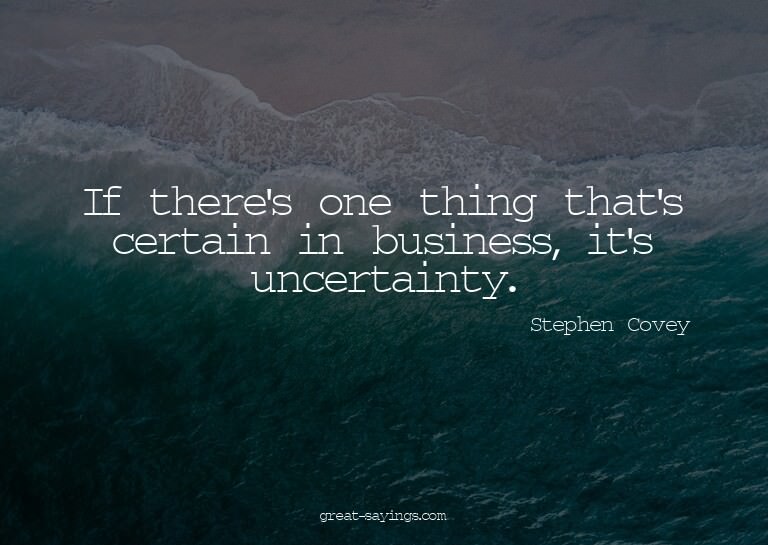Words matter. These are the best Hirokazu Kore-eda Quotes, and they’re great for sharing with your friends.
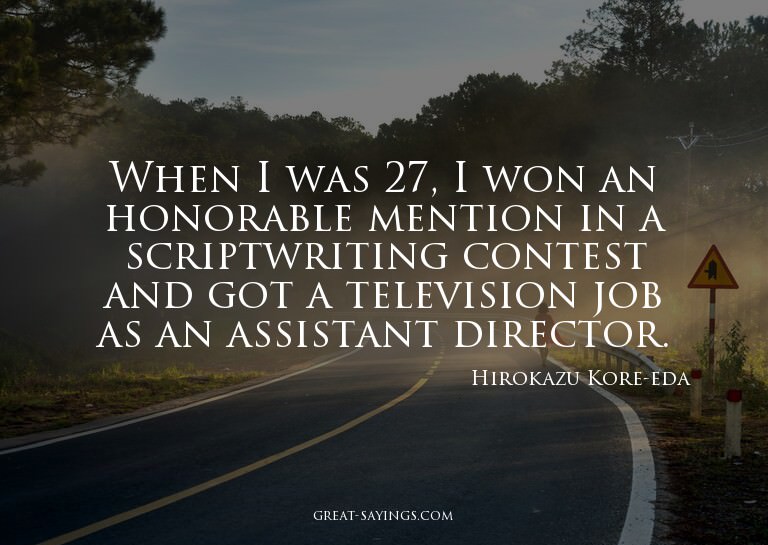
When I was 27, I won an honorable mention in a scriptwriting contest and got a television job as an assistant director.
I believe that any auteur categorised in terms of an -ist or an -ism wouldn’t be able to capture the complex essence of human nature.
Japanese feel an intimacy with the dead, at least for people up to my generation.
I watch ‘Electronic Boy’ faithfully every week – not because I like the show but because I’m interested in where the smartest T.V. producers and directors are going, what direction they are headed in.
I am hopeful that films can connect people who are in conflict in a separated world.
I think a lot of Japanese morals are built around what the dead would think of us.
When I am 60 or 70, I am sure I can still continue to make films on families.
When I choose child actors, I chose them for their personalities. And then I work with their own vocabulary, so I’m not imposing text or dialogue on them: I’m just receiving.
In the eighties, there was a huge shift in the humor of Japanese television. Up until then, the humor was garnered by people who said humorous things, but in the ’80s, it was garnered by people who were being laughed at while the audience watches and watches.
Yes, a family is interesting. You can get a lot of drama in the conflicts there. It’s like the sea. It seems calm, but inside there is conflict.
When I have been told that my films remind people of Ozu, I have never been too convinced.
With ‘Nobody Knows,’ I consciously set out to make a fiction film, which is a different approach from ‘Distance,’ but I still applied a lot of the things I learned from making ‘Distance’: for example, how to use the camera in relation to the children and how to create the right atmosphere on set.
Maybe family is an eternal subject for me.
If my films did better at the box office in Japan, it would be easier to get them made.
When I watch an actress say a line, I watch how they deliver the lines with gestures.
In terms of film festivals, Cannes is the greatest launch pad.
When making documentaries, the most important thing I learned was to listen, observe gestures and facial expressions.
All my mother ever wanted to talk about was what she hated about my father and the times he cheated on her when he was younger. It really irritated me, and I told them they had to sort things out between themselves. Looking back on that, I see that it was really cold of me as a son.
We used to have prawn tempura: that was my mother’s favourite dish. But she had to go out to work instead of my father, so she couldn’t find the time to cook nice meals. So we ate more modern food: a lot of frozen and instant food. But I never complained about it to my mother.
I have never made a film to praise or to criticize something. That kind of filmmaking is nothing but propaganda.
My mother was really against it when I said I wanted to make films. She said that I should be a civil servant because that was safe, and it had security. But my mother was always very proud of my movies and would give videocassettes of them to all the neighbours.
As the Japanese family gets more and more atomized, grandparents don’t live with the nuclear family, so parents of children can’t consult with their own parents about how to raise their children and rely on that to help raise them.
I’m less interested in death itself than in people whose lives are touched by it.
There was a time when I thought Kim Novak was the sexiest woman in the world.
When I make films, I don’t think of any other directors or their work in terms of the rhythm of the editing or the tenor of the performances.
The children in ‘Nobody Knows’ had a resonance with me. The children are projections of myself.
I am very happy that Japanese film can cross borders.
My grandfather had Alzheimer’s. He would eat everything and anything that was around; then he wouldn’t remember that he ate it and would demand to be fed again.
I don’t really like something serious depicted in a serious way; that’s not my style.
I have been told that… time doesn’t flow in a straight line in my films. It goes round in a circle. Sometimes people comment that the films remind them of Ozu. Maybe that’s right. But in Japan, nobody comments on how time passes in my films. So perhaps that is a different way of thinking.
Privacy is not really a concept in Japan.
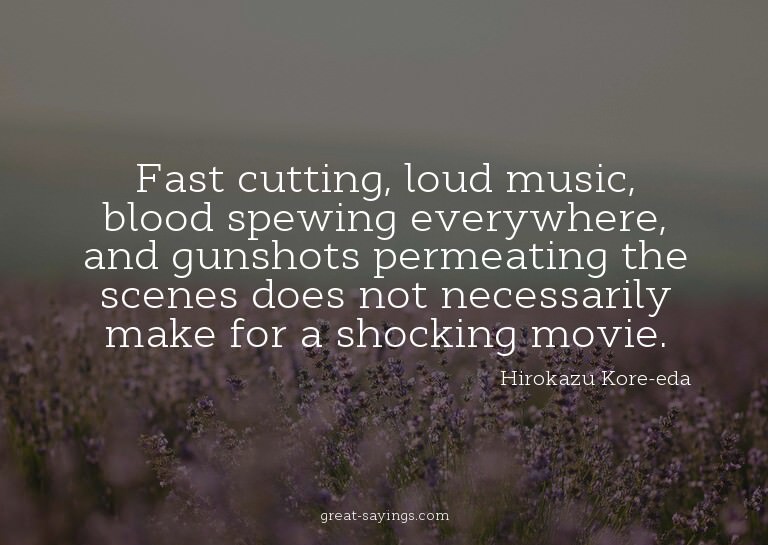
Fast cutting, loud music, blood spewing everywhere, and gunshots permeating the scenes does not necessarily make for a shocking movie.
Reflecting on the past, where the film industry became united with ‘national interest’ and ‘national policy,’ I tend to think that keeping a clear distance from government authority is the right thing to do.
Tokyo is wonderful for distribution of international films, a lot of Iranian films, Taiwanese films. But most of the art films are from Europe and Asia.
It’s definitely good to have a hit from time to time, though not too often. If you have a few hits in a row, people start to think every film you make will be a hit, which is a big mistake.
I grew up without a father.
Japanese society doesn’t have a god – no absolute presence.
‘Like Father, Like Son’ gave me the opportunity to show when it is not good with a father.
A lot of people, especially Japanese, come to the theater to have a good cry.
Directing while overcoming differences of language and culture is a stimulating challenge.

